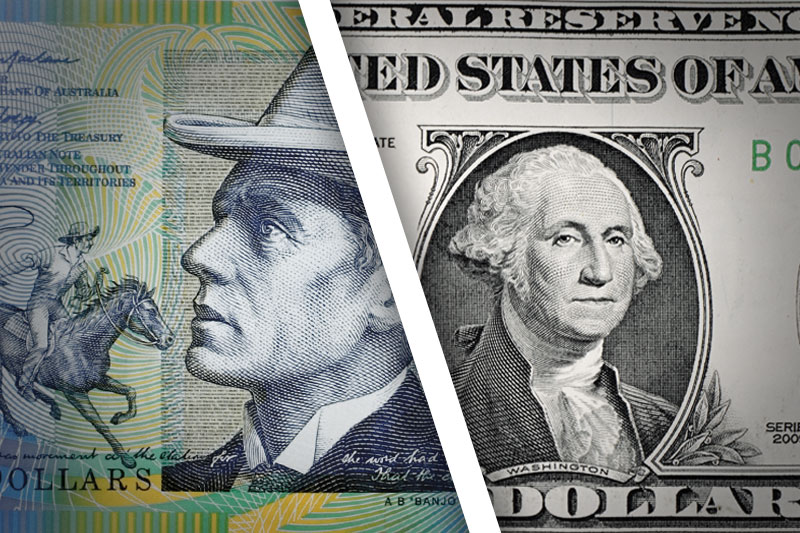Who is Kevin Hassett? Wolfe looks at the Trump ally tipped to become Fed Chair.
Investing.com - The Australian dollar rose against its U.S. rival during Thursday’s Asian season amid a stunning turn of political events down under.
In Asian trading Thursday, AUD/USD rose 0.22% to 0.9300. The pair was likely to find support at 0.9148, the low of June 24 and a more than two-year low and resistance at 0.9557, the high of June 19.
The Aussie was in play after former Prime Minister Kevin Rudd returned to power after ousting Prime Minister Julia Gillard, the woman who took power from Rudd in 2010. Gillard essentially resigned Wednesday after it became apparent that her party was headed for significant losses.
"I am pleased that in this environment, which wasn’t easy, I have prevailed to ensure that this country is made stronger, and smarter, and fairer for the future," said Gillard at a press conference after the vote. Gillard was Australia’s first female prime minister.
Rudd, who served as Gillard’s foreign minister for two years, now faces a legitimate challenge from Tony Abbott, the leader of the opposition Liberal-National coalition.
Observers see Gillard and Rudd’s Labor Party as fractured, which could open the door for Abbott to take control. The Aussie was also supported by some disappointing U.S. economic news.
In U.S. economic news published Wednesday, the U.S. Commerce Department said U.S. GDP grew 1.8% in the first quarter, well below the previous estimate of 2.4% growth. Growth in consumer spending was slashed to 2.6% from 3.4%. Only the home construction and government readings were not revised downward.
Elsewhere, AUD/JPY rose 0.34% to 91.03 while AUD/NZD inched up 0.03% to 1.1912.
In Asian trading Thursday, AUD/USD rose 0.22% to 0.9300. The pair was likely to find support at 0.9148, the low of June 24 and a more than two-year low and resistance at 0.9557, the high of June 19.
The Aussie was in play after former Prime Minister Kevin Rudd returned to power after ousting Prime Minister Julia Gillard, the woman who took power from Rudd in 2010. Gillard essentially resigned Wednesday after it became apparent that her party was headed for significant losses.
"I am pleased that in this environment, which wasn’t easy, I have prevailed to ensure that this country is made stronger, and smarter, and fairer for the future," said Gillard at a press conference after the vote. Gillard was Australia’s first female prime minister.
Rudd, who served as Gillard’s foreign minister for two years, now faces a legitimate challenge from Tony Abbott, the leader of the opposition Liberal-National coalition.
Observers see Gillard and Rudd’s Labor Party as fractured, which could open the door for Abbott to take control. The Aussie was also supported by some disappointing U.S. economic news.
In U.S. economic news published Wednesday, the U.S. Commerce Department said U.S. GDP grew 1.8% in the first quarter, well below the previous estimate of 2.4% growth. Growth in consumer spending was slashed to 2.6% from 3.4%. Only the home construction and government readings were not revised downward.
Elsewhere, AUD/JPY rose 0.34% to 91.03 while AUD/NZD inched up 0.03% to 1.1912.
